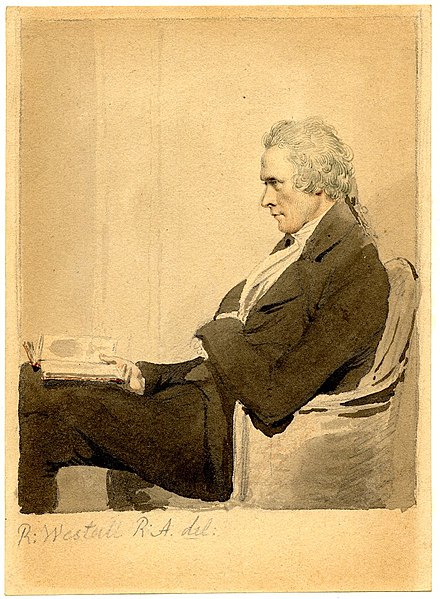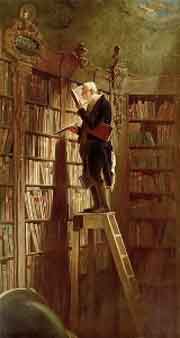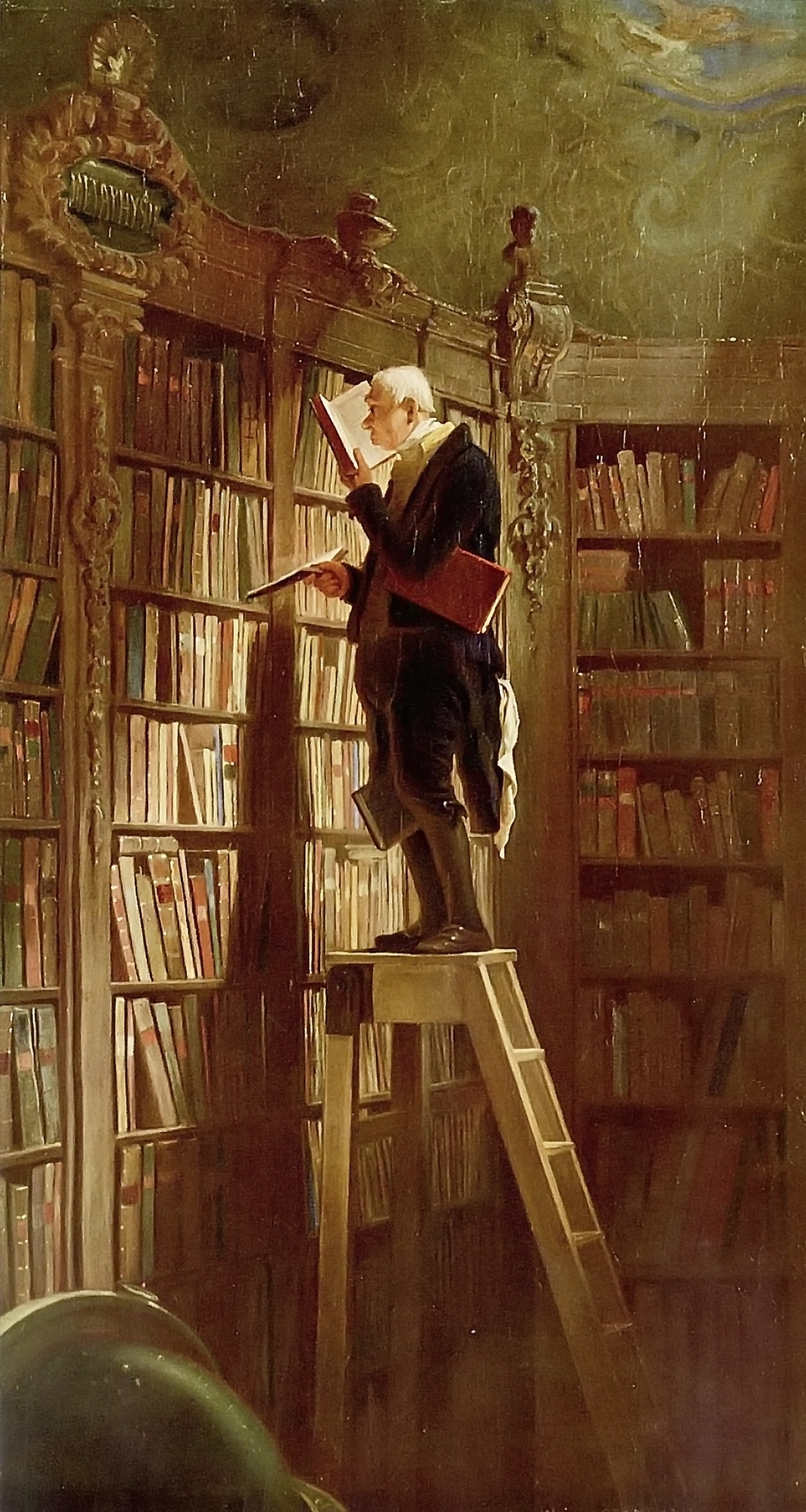John Ireland
Hogarth Illustrated

The Four Stages of Cruelty
「1791」 John Ireland, “Four Stages of Cruelty,” in Hogarth Illustrated (London, 1791) reprinted as Hogarth’s Works: with Life and Anecdotal Descriptions of His Pictures 「archive.org」 (London, 1821) 50-64.
Humanity demands that the brute creation should be protected by the Legislature.
“The poorest beetle that we tread upon,
In corporal sufferance feels a pang as great
As when a giant dies.”
This pathetic lesson of humanity is given by the poet of nature. Aiming at the same end by different means, our benevolent artist here steps forth as the instructor of youth, the friend to mercy, and advocate of the brute creation.
In the prints before us, an obdurate boy begins his career of cruelty by tormenting animals; repeated acts of barbarity sear his hear, he commits a deliberate murder, and concludes in an ignominious death. These gradations are natural, I had almost said inevitable; and that parent who discovers the germ of barbarity in the mind of a child, and does not use every effort to exterminate the noxious weed, is an accessory to the evils which spring from its baneful growth. To check these malign propensities becomes more necessary from the general tendency of our amusements. Most of our rural and even infantine sports are savage and ferocious They arise from the terror, misery, or death of helpless animals. A child in the nursery is taught to impale butterflies and cockchafers. The schoolboys’ proud delight is clambering a tree
“To rob the poor bird of its young.”
Grown a gentle angler, he snare the scaly fry, and scatters leaden death among the feathered tenants of the air. Ripened to man, he becomes a mighty hunter, is enamoured of the chase, and crimsons his spurs in the sides of a generous courser, whose wind he breaks in the pursuit of an inoffensive dear or timid hare.
Many of our town diversion have the same tendency. The bird, whose melodious warblings echo through the grove, is imprisoned in a sort of a Bastille, where, like an unplumed biped in a similar situation, it frequently perished through anguish or want of food. The high-crested chanticleer, whose courage is innate, and only vanquished by death, is furnished with weapons of pointed steel, when, set in opposition to one of the same species, armed in a similar style, these two champions, for the diversion of the humane lords of the creation, lacerate each other until one of both of them are slain.
The faithful dog, whose attachment and gratitude are exemplary, are worthy the imitation of man, when in the possession of a farmer, or country ‘squire, is well fed, and has no great cause of complaint, except that his ears and tail being lopped to improve nature, and having a rib now and then broken by a gentle spurn; but if the poor quadruped falls into the hands of a tanner, a surgeon, or an experimental philosopher, of what avail are his good qualities?¹
The Abyssinian cruelties of our slaughter-houses² and kitchens³ I do not wish to enumerate. The catalouge would fill a volume. Humanity demands that the brute creation should be protected by the Legislature.
The Mosaic Law, to guard against tortures being inflicted on animals which were slaughtered for sustenance, ordained them to die by a highly polished and pointed instrument; if the bone was pierced, or the beast mangled, it was deemed unclean, and burnt.
¹ These canine unfortunates are not only useful when living, but frequently die for the good of mankind. Some have their throats cut, to prove the efficacy of a styptic; others are bled to death for a philosophical transfusion; and very many resign their breath in the receiver of an air-pump. Unhappy Dogs!
²”It appears to have been a part of that curse which the disobedience of the first man brought upon his posterity, that we were compelled to stain our hands in blood, and to subsist on the destruction of other animals. But surely, if the necessity of our nature obliges us to deprive an innocent being of life, it ought to be done in the easiest and speediest manner ! and such was the custom among the peculiar people of God. What shall we say to that luxury which, for a momentary gratification of appetite, condemns a creature endued with feeling, perhaps with mind, to languish in torments, and expire by a protracted and cruel death?”—Sermons by George Gregory, D.D., F.A.S., 2d. edit. p. 100.
²How much are we the creatures of habit! Those who would shudder at tying a lobster to a wooden spit, and roasting it alive, will coolly place a dozen oysters between the bars of a slow fire; and yet these oysters, notwithstanding their supposed torpor, may have an equal degree of feeling with their armoured brother.



